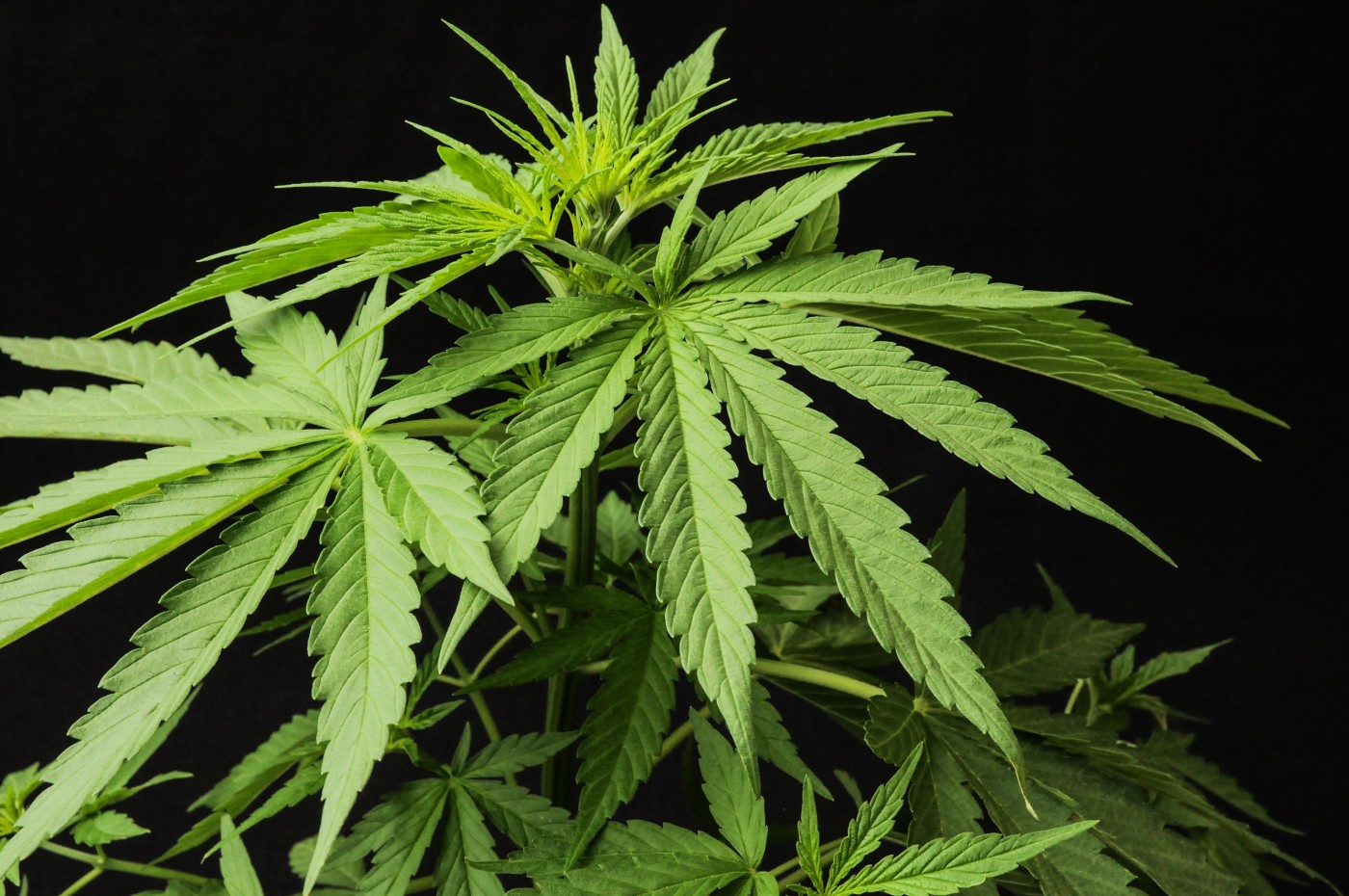Aphios Awarded Grant for Cannabinoid Production To Develop Therapeutic Agent for MS
Written by |

Aphios Corporation, a green biotechnology company based in Massachusetts that uses environmentally sustainable technologies, recently announced it was awarded the Phase II portion of a Fast Track SBIR grant from the National Institute on Drug Abuse (NIDA), National Institutes of Health (NIH) for the production of cannabidiol (CBD) from marijuana. The compound is expected to be an effective therapeutic agent for multiple sclerosis and other disorders affecting the central nervous system (CNS).
Multiple sclerosis is a chronic, progressive neurodegenerative disorder that results from an attack on the central nervous system (brain, spinal cord and optical nerves) by the body’s own immune system, resulting in motor function impairment (coordination, balance, speech and vision), irreversible neurological disability and paralysis. It is estimated that more than 2.3 million people in the world suffer from multiple sclerosis, and there is currently no cure for the disease.
Cannabis is a plant employed in diverse settings, including medical purposes, as a source of fibers and oils, or as a recreational drug. Recent studies have reported a positive link between cannabis use and the treatment of some medical conditions.
CBD is one of the active compounds found in cannabis. It is the major phytocannabinoid in the plant, representing up to 40% of the plant’s extract. Aphios has developed a research program to establish a process for manufacturing pharmaceutical grade CBD under Good Manufacturing Practices (cGMP) of the US Food and Drug Administration (FDA), to be used in clinical trials for several CNS disorders including multiple sclerosis.
The project is relevant since the availability of pharmaceutical-grade CBD, as well as other cannabinoids like Δ9-THC [(6aR,10aR)-delta-9-tetrahydrocannabinol, the main psychoactive element of cannabis) and CBG (cannabigerol), produced according to cGMP guidelines, will facilitate the development of proper clinical assessments of the impact of these compounds on important medical conditions like multiple sclerosis, childhood epilepsy, Alzheimer’s disease, Parkinson’s disease, Post-Traumatic Stress Disorder, Traumatic Brain Injury, addiction and glaucoma.
RELATED: Multiple Sclerosis Treatments Benefit From Discovery of New Inflammatory Molecule
“Marijuana, which contains more than 100 cannabinoids, has been used anecdotally for centuries for diverse medical indications. There have been numerous self-reported cases by patients that smoking marijuana alleviates symptomatology, some of which has been confirmed by numerous studies and surveys.” noted Aphios CEO and Principal Investigator on the grant, Dr. Trevor P. Castor in a news release. “Research suggests that some cannabinoids and analogs have potential therapeutic benefits. We thus have indications that both cannabinoids from nature and our endogenous ‘endocannabinoids’ are valuable products and targets for treating some CNS disorders. The cGMP manufacturing of clinical-grade, natural non-psychotropic cannabinoids from marijuana that impact CNS disorders is significant because it will establish safety and efficacy of standardized, non-psychotropic cannabinoids through rigorous clinical trials, providing benefits to thousands of patients.”


